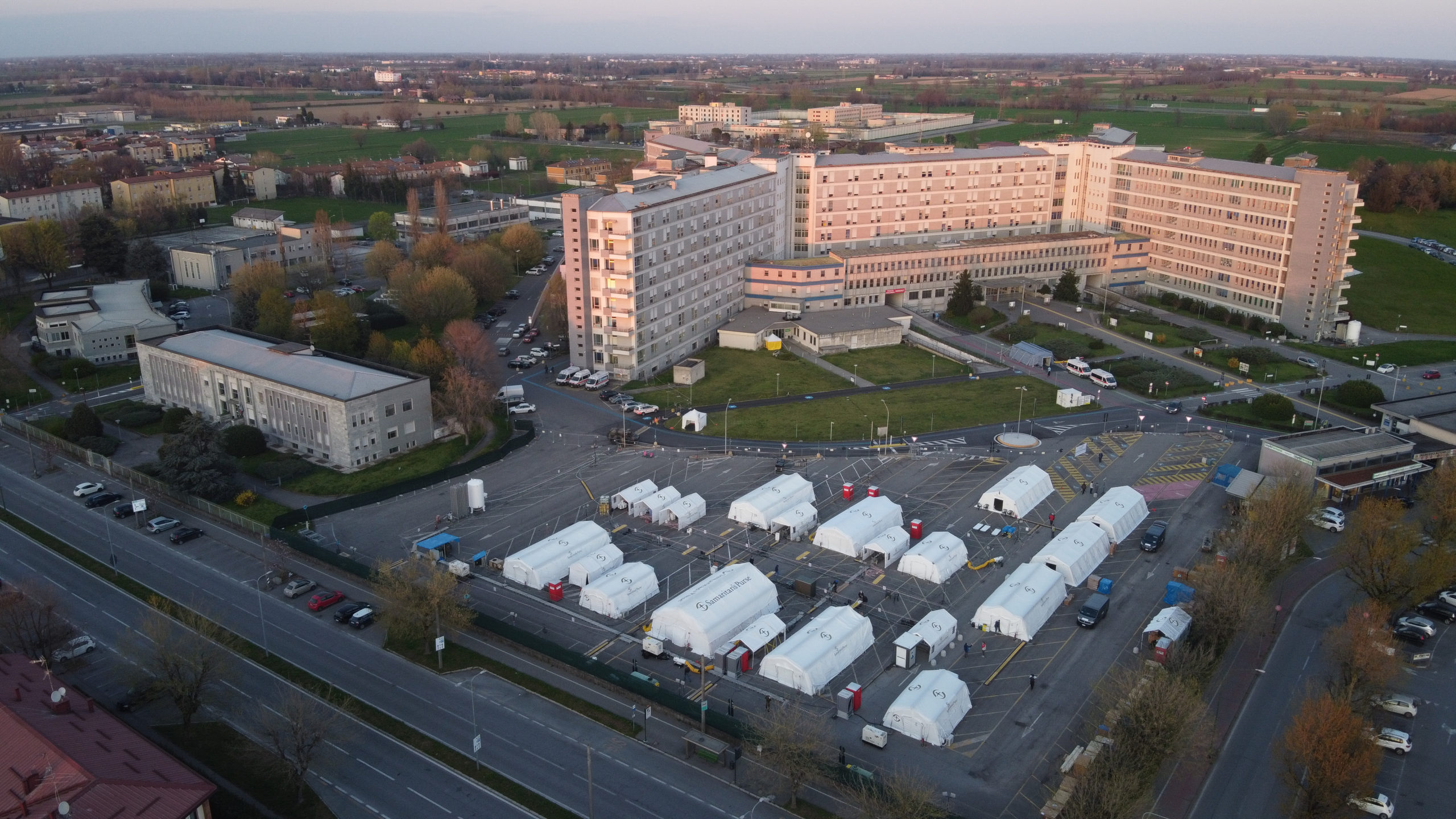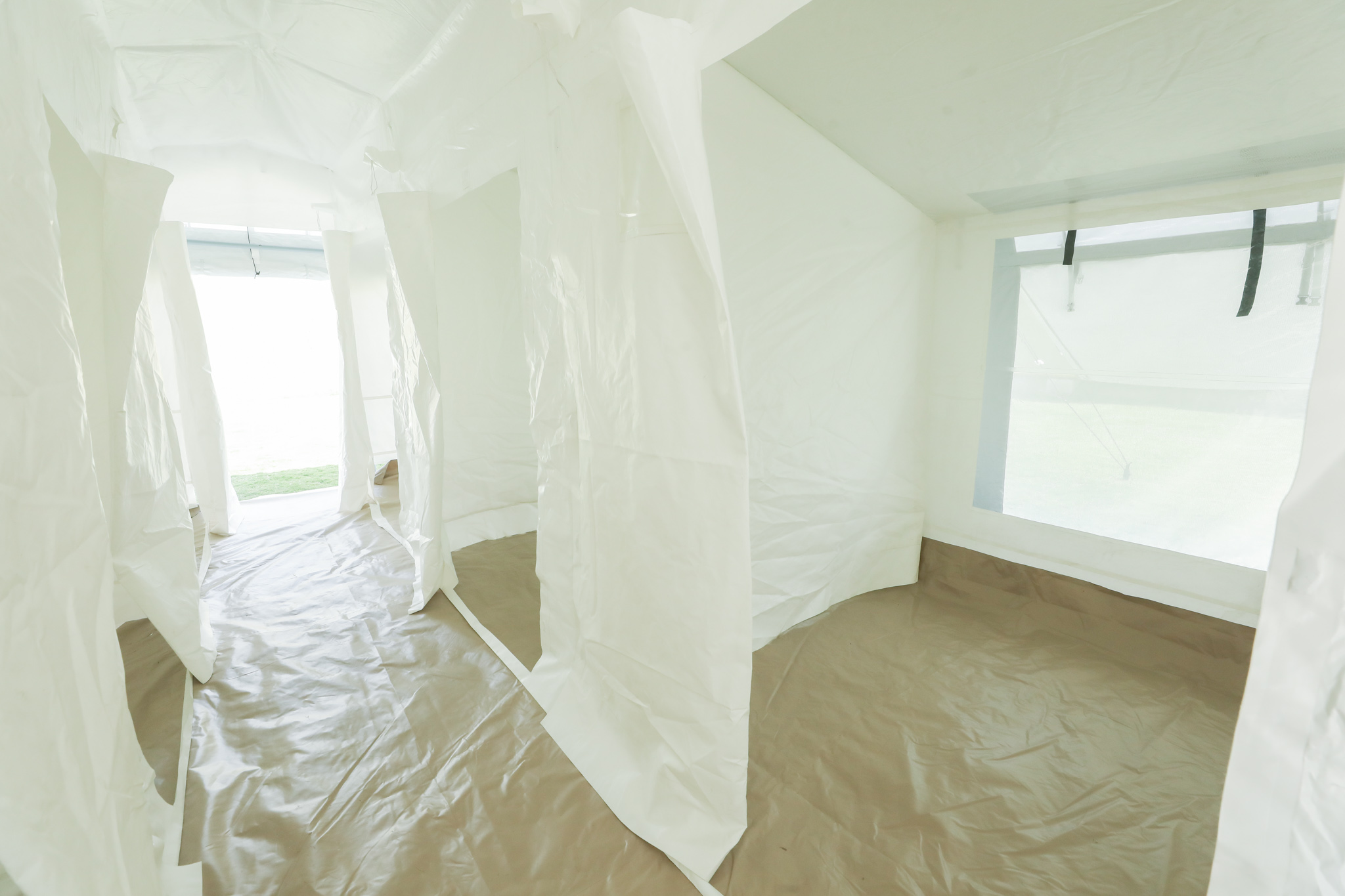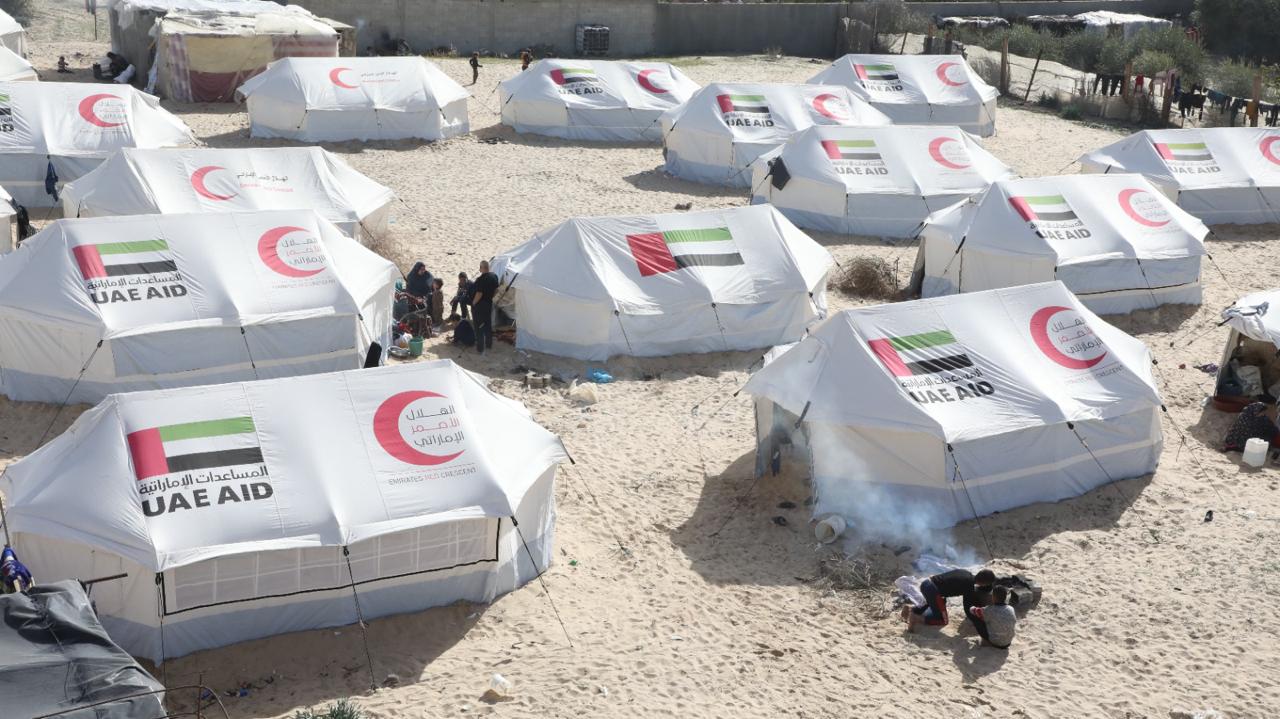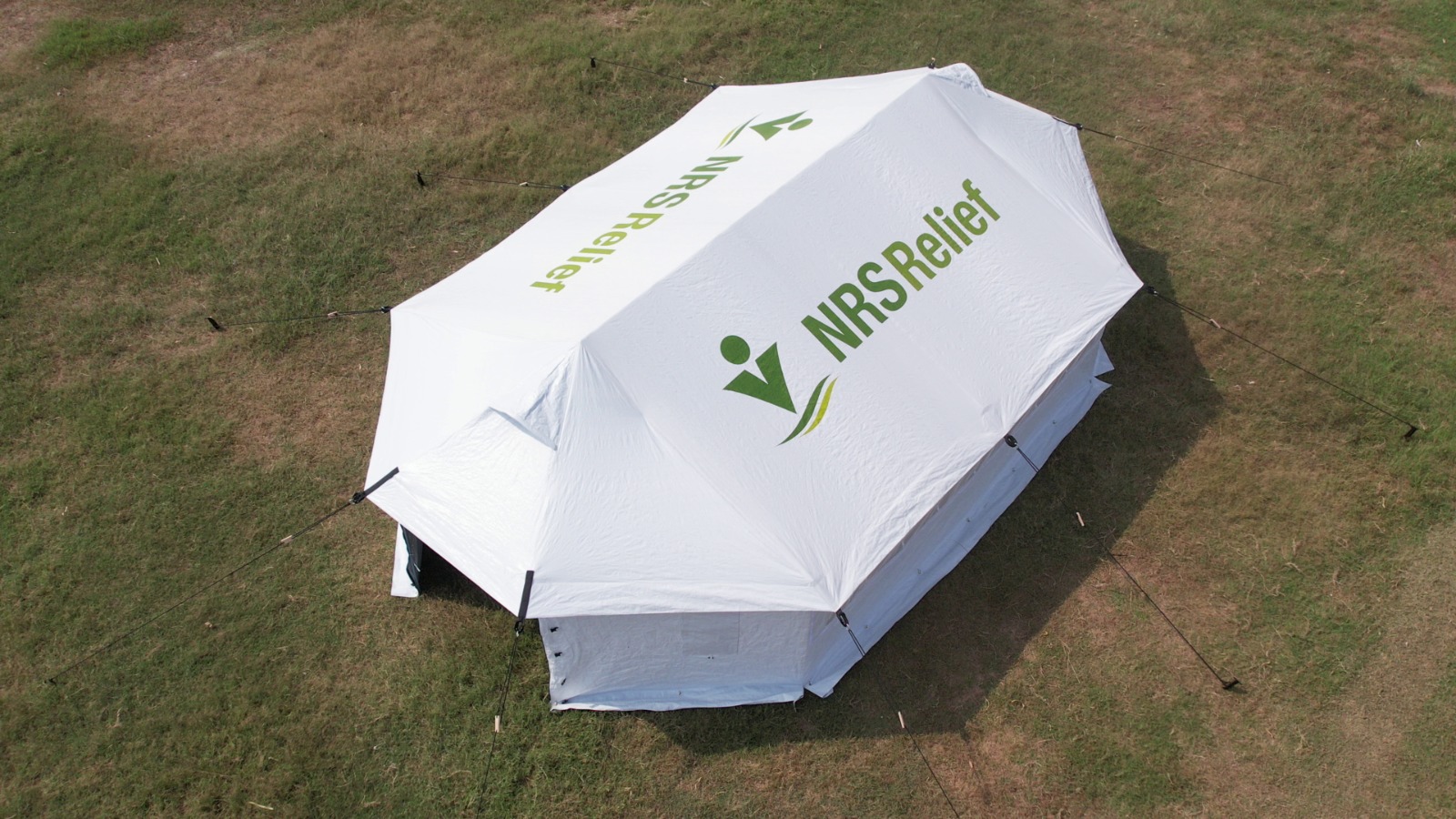Fire retardant tests show very promising results
On World Refugee Day, 20 June 2014, NRS Relief has tested the burning behavior of tents treated with fire retardants (FR). The results of the outdoor tests that took place under authority of the IFTH laboratory in France showed very promising results.
“The full test reports are expected to be published next month, but we can safely conclude that applying Fire Retardants to tents and tarpaulins will make refugee camps and disaster area a safer place, preventing fires to cause more tragedy.” – NRS Relief Production Director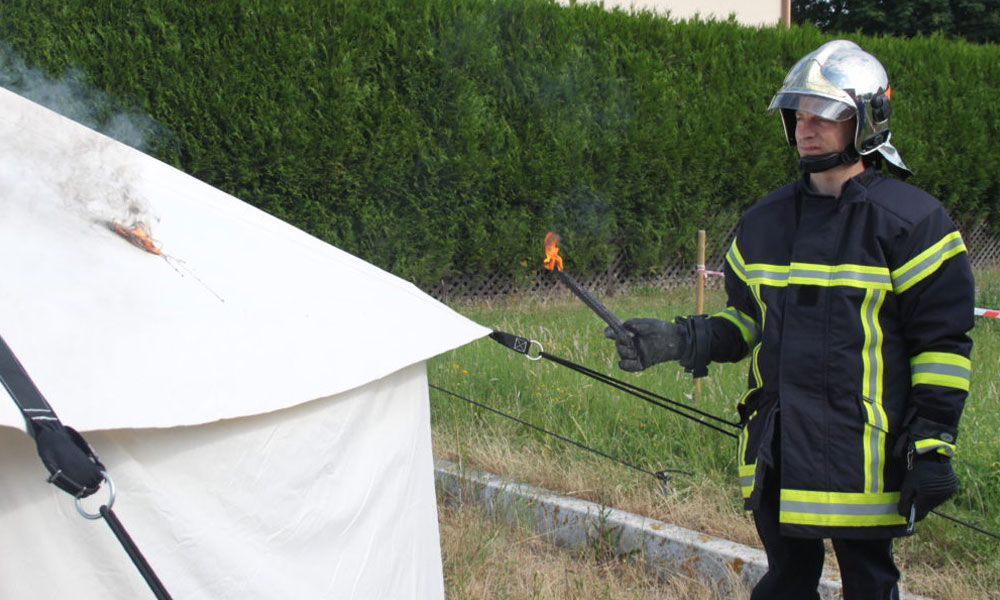
Over many years organizations have discussed the importance of applying FR to tents and tarpaulins. Nevertheless, no effective solution has been offered as of today. Being well aware that fire is a potential hazard in a camp setting that may cause injury, death and loss of property, NRS Relief has given it a priority to find a workable, yet still economical solution. Under the guidelines of international organizations such as UNHCR and IFCR/ICRC, NRS Relief has taken the initiative to study the behavior/burning time of tents and tarpaulins when set on fire.
The seminar took place in Mulhouse, where the IFTH Laboratory is based and was attended by various organizations from the humanitarian sector. The participants set up the tents on Friday 19 June in a village called Burnhaut. The following day on World Refugee Day, the tents were set on fire under supervision of the local fire brigade.
Very significant difference in flame spread
“Although we have performed lab tests before, this was the first time we witnessed the actual effect of Fire Retardants in an outdoor setting. We have compared the burning behavior of treated and non-treated tents and tarpaulins. The tests were preformed according to the EN 13823 standard. The difference in flame spreading time, which leaves time for people to evacuate, was very significant. The non-treated tent burned to the ground within two minutes, whereas the FR treated materials left only burning holes in various sizes.”
Cooperation with humanitarian sector and industry
The seminar was concluded with a forum to discuss the initial results and the way forward to improve the current fire safety standards of the aid industry. According to Mr. Sarwar:










